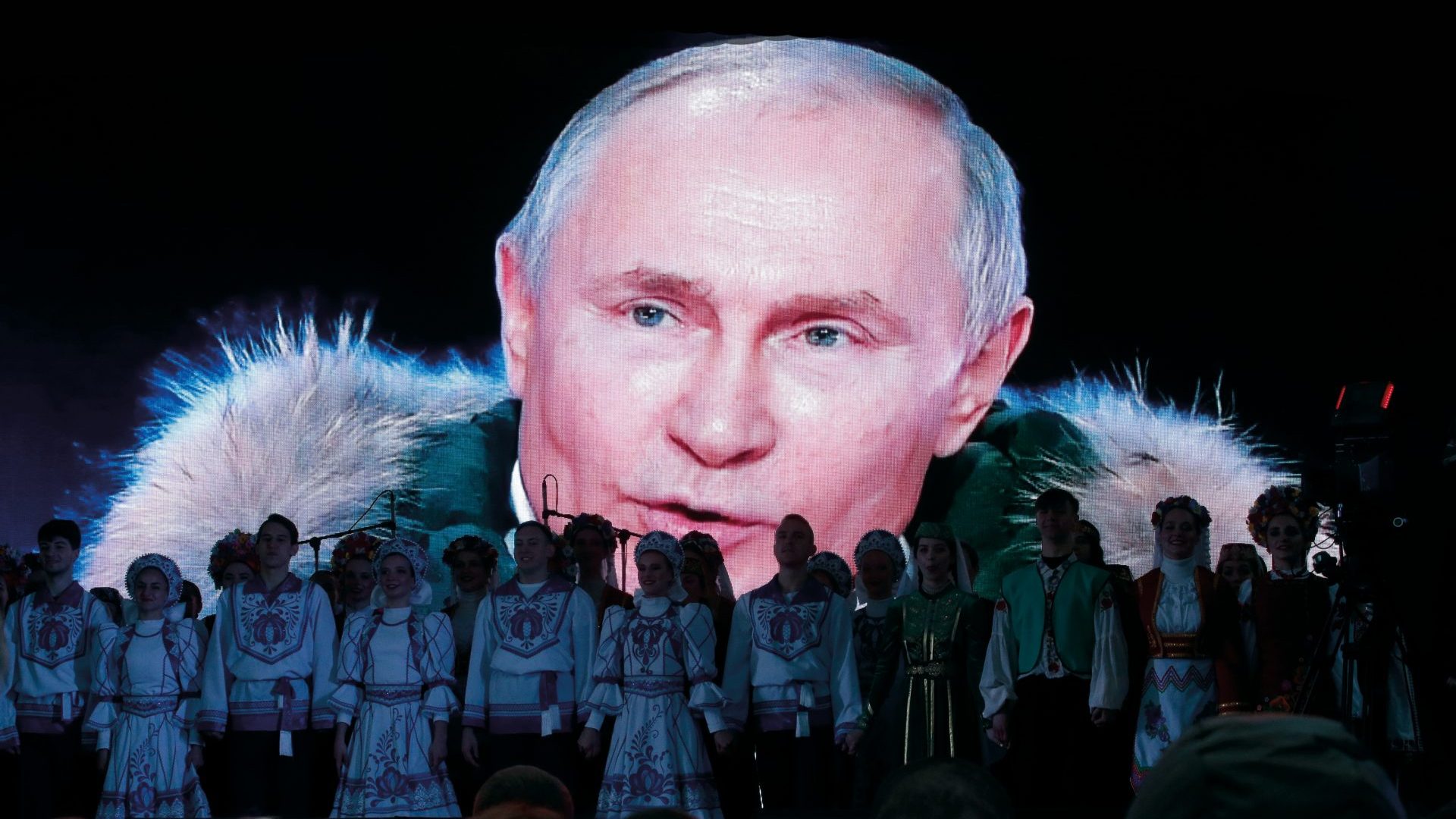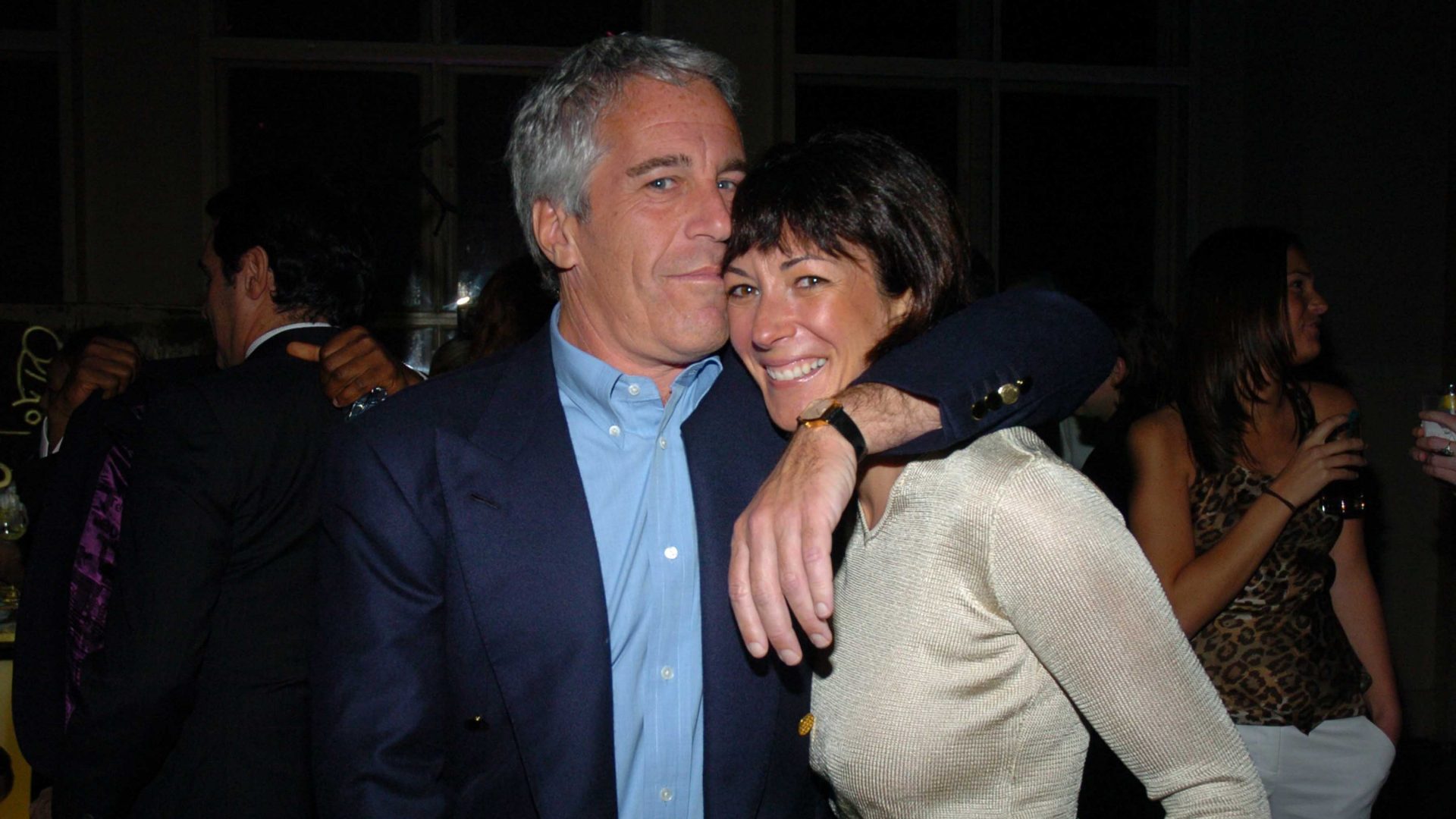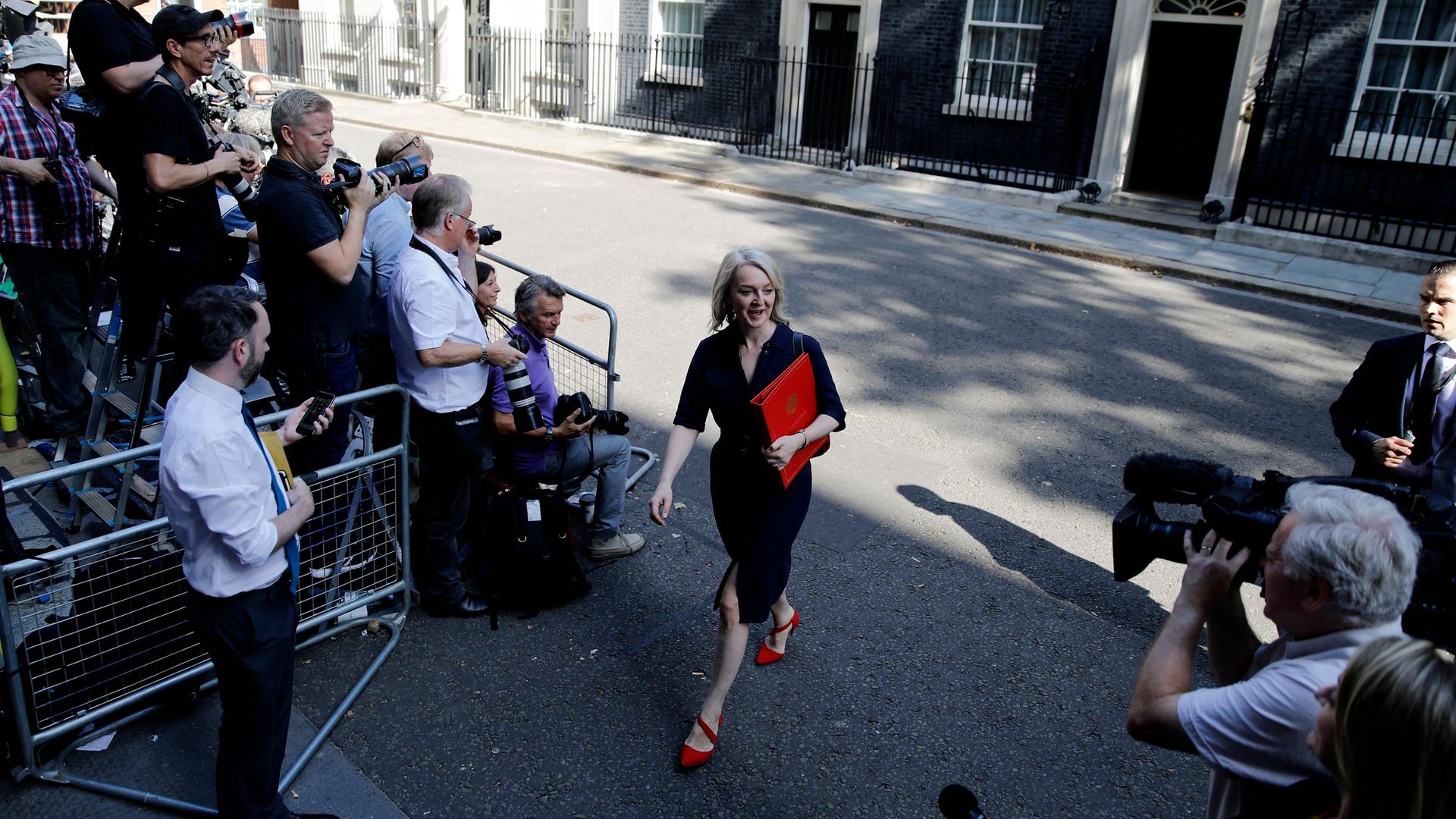On December 17, the Russian Foreign Ministry published two draft texts — a Treaty between the United States and the Russian Federation on Security Guarantees and an Agreement on Measures to Ensure the Security of the Russian Federation and the Member States of NATO.
Moscow’s stated goal is to obtain “legal security guarantees from the United States and NATO.”
Deputy Foreign Minister Sergei Ryabkov said: “The two texts are not written according to the principle of a menu, where you can choose one or the other, they complement each other and should be considered as a whole.”
The second text, he said, is a kind of parallel guarantee because “the Russian Foreign Ministry is fully aware that the White House may not meet its obligations, and therefore there is a separate draft treaty for NATO countries.”
The Russian manoeuvre is to bind NATO through the United States, the United States through NATO. There is nothing to negotiate, you have to accept everything as a whole.
Russian media, such as the digital newspaper Vzglyad, are already jubilant: “The world before and the world after December 17, 2021 are completely different worlds. If until now the United States held the whole world at gunpoint, now it finds itself
under the threat of Russian military forces. A new era is opening, new heroes are coming, and a new Danila Bagrov (character of the patriotic mobster in the popular film Brat), raising his heavy fist and looking into the eyes of his interlocutor, asks softly again: “How strong are you, American?”
The Russian threat is explicit and directed at both the Americans and the Europeans. If the West does not accept the ultimatum, they will have to face “a military and technical alternative”, according to Deputy Foreign Minister Alexander Grushko: “The Europeans must also think about whether they want to avoid making their continent the scene of a military confrontation. They have a choice. Either they take seriously what is put on the table, or they face a military-technical alternative.”
After the publication of the draft treaty, the extraordinary possibility of a pre-emptive strike against NATO targets was cooly confirmed by former Russia’s Deputy Minister of Defense Andrei Kartapolov: “Our partners must understand that the longer they drag out the examination of our proposals and the adoption of real measures to create these guarantees, the greater the likelihood that they will suffer a pre-emptive strike.”
To underline matters, Russia fired a salvo of Zircon hypersonic missiles on December 24. Dmitry Peskov, the Kremlin spokesman, commented on this event: “Well, I hope that the notes [referring to the ultimatum published the previous week] will be more convincing”.
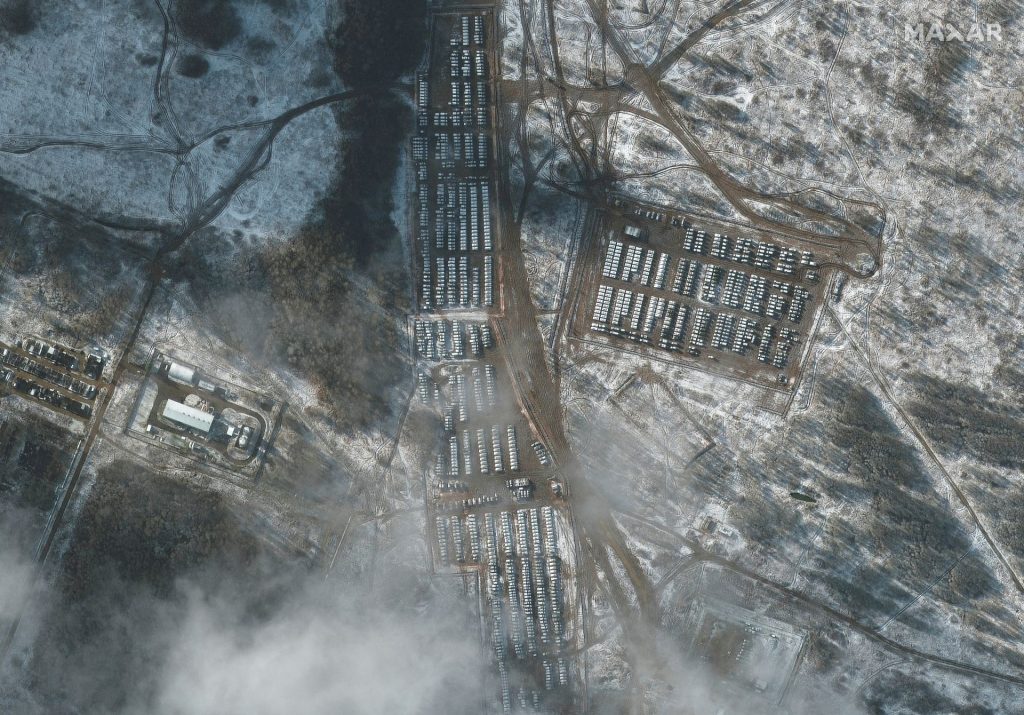
Russian political analyst Vladimir Mozhegov is more explicit about the nature of the threat to the West. “What are our arguments? First and foremost, of course, our most reliable allies — the army and the navy. To be more precise, the hypersonic Zircon missile [nicknamed the “carrier killer”] which makes it absurd for the United States to have a fleet of aircraft carriers.
“The impact of the Zircon cracks a destroyer like a nut. Several Zircons will inevitably sink an aircraft carrier. The Zircon simply does its job: it methodically shoots huge, clumsy aircraft carriers like a gun at cans.” An article in the digital newspaper Svpressa is titled “Putin’s ultimatum: Russia will bury all of Europe and two-thirds of the United States in 30 minutes”.
“The Kremlin will have to prove its position with deeds. It is probably only possible to force the “partners” to sit at the negotiating table by coercion. Economically, the Russian Federation cannot compete with the West. There remains war.”
The impression in western media is that nothing is happening. The press do not seem to understand what is at stake, thinking that only the fate of Ukraine is being decided.
In French political thinking it normal that Russia should claim a sphere of influence. Yet they risk echoing those who, in 1939, believed that Hitler’s demands would be limited to Danzig. A simple examination of the texts proposed by Moscow make it clear the stakes are quite different.
The Russian ultimatum demands “the renunciation of any enlargement of NATO, the cessation of military cooperation with post-Soviet countries, the withdrawal of American nuclear weapons from Europe and the withdrawal of NATO armed forces to the borders of 1997”.
Russia and the United States would then commit themselves not to deploy nuclear weapons abroad and to withdraw those already deployed.
Article 7 of the ultimatum specifies that “NATO shall refrain from conducting any military activities on the territory of Ukraine, as well as of the other states of eastern Europe, Transcaucasia and Central Asia.” This includes the 14 Eastern European and Balkan states that became members of NATO in the last 24 years.
In short, “the Russian initiative could help the Americans to quietly leave Central and Eastern Europe,” according to the headline of an article posted by the very official think tank Russtrat.
And what is Russia offering in exchange for all the concessions demanded of the West? Does it propose to evacuate Abkhazia, South Ossetia, Crimea, Donbass, since it talks about returning to the situation in 1997? Nothing of the sort.
Its bargain, it says, is to be willing to commit itself not to threaten American security. One remembers the Cold War joke: “What is ours is ours, what is yours is negotiable”. In a word, Russia is demanding that NATO commit suicide, and the United States be reduced to the role of a regional power.
As a result, Russia will have the upper hand in Europe. The countries of western Europe are already taken for granted, with Moscow counting on the pool of influencers it has cultivated for years within the European ruling elites.
Deprived of American support, the “Russophobic” countries that crystallise the resistance to Moscow’s hegemony will have to bow to the inevitable.
According to Russtrat, “of course, Poland and the Baltic countries will be unhappy. But they will probably be the only ones to oppose the American withdrawal from Central and Eastern Europe. After all, the rest of the “Young Europeans” are guided by the position of the EU “core” countries, and they do not have stable anti-Russian complexes.”
Moscow is counting on the demoralizing effect on Europe of this Russian-American negotiation on its fate from which it is excluded, and on the weakness of the American side in the absence of the European allies.
The European Union wanted to participate. But Moscow has adamantly imposed the bilateral format with Washington. Russian Senator Alexei Pushkov explains why: In his view, European countries are trying to participate in the negotiations in order to sabotage them.
The Second World War RibbentropMolotov Pact, in which Stalin’s USSR was betrayed by Hitler’s Third Reich, is never far away in the minds of the Kremlin leaders.
It is also a question of status, and a reflection of Putin’s obsession with erasing the collapse of the USSR. Thus Nezavisimaya Gazeta emphasizes that “Russia has acted as the heir to the USSR, the second superpower, which considers itself entitled to negotiate with the West on an equal footing.”
By negotiating as an equal with the president of the United States, Putin demonstrates at the same time to the Russians that his position as the boss is recognized by the cursed Westerners.
The feeling of debasement the Russians experience in their hearts by submitting to despotism vanishes when they see the humiliation of the West: foreigners too are bowing down to Putin. The regime’s propaganda knows how to play these sensitive chords.
It is important to understand what motivated Putin to launch this challenge to Western countries. As always, Russian policy is dictated by a careful analysis of the “correlation of forces”, which, according to Kremlin experts, has just tipped in favour of the anti-Western revisionist powers.
After 20 year’s preparation for war, the Russian position is considered to be stronger than ever, according to the Russtrat think tank.
“In the next year and a half, Russia will considerably change the balance of global power. The explosion of planetary inflation is causing an energy crisis, which makes the Europeans much more accommodating and rules out a blockade of our energy supplies, whatever we do.”
Europe’s energy needs – in particular Germany’s dependency on Russian gas – are leverage.
If Russia and China coordinate their actions against Ukraine and Taiwan,” Russtrat says, “everything will become much easier for us. And for China too, from which we will divert attention, which will free our hands even more…” On the other side the United States is facing an unprecedented crisis, with galloping inflation, supply shortages, a weak president, a society more divided than ever. As a result, according to Irina Alksnis in RIA Novosti, “Russia as well as China and other powers working to transform the world system have a window of opportunity to accelerate the eviction of the United States from the global throne.”
Hence the approach of the Kremlin: “This is not a proposal for discussion, but an ultimatum — a demand for unconditional surrender,” Alksnis says.
“The West has no choice but to lose face — unless it stands proudly and goes to war with Russia. Judging by the way the West has begun to show disarray on the other side, they are well aware of this.”
By threatening war, “Moscow is emphasizing that Russia is ready — morally, technically, and in every other sense of the word — for any turn of events. And the reputation it has earned in previous years confirms that the Russians will indeed be ready to use force if they deem it necessary. It is worth recalling the words of Vladimir Putin, who stated bluntly this summer that if Russia sank the British destroyer responsible for a provocation off the coast of Crimea, there would be no major consequences.”
The trigger for the Kremlin’s December ultimatum was the misguided policy of the White House which, after last year’s debacle in Afghanistan, multiplied the number of emissaries to Moscow this autumn, making the weakness of the United States even more obvious in Putin’s eyes.
On November 2, 2021, CIA Director William Burns met with Russian Federation Security Council Secretary Nikolai Patrushev and, presumably, President Putin.
Burns is a favourite figure in the Kremlin: For three years, between 2005 and 2008, he was ambassador to Russia and found a common language with Putin. Sober and pragmatic, conspicuously devoid of any messiah complex characteristic of Americans, Burns has always advocated the refusal to expand NATO eastward.
Burns’ visit was interpreted in Moscow as an indication that the policy of appeasement has prevailed in Washington and encouragement to raise the stakes and “seize the strategic initiative”.
Within these events, exists a markedly Leninist substratum. The United States and its European allies were the haves of the international order, the main beneficiaries of the existing system, which brought them privileges disproportionate to their contribution. Thanks to the crisis, their hegemony is on the decline. The formerly “proletarian” states are prevailing, under Russian leadership. Here again Putin is replaying the Cold War, this time with a happy ending.
In the Kremlin’s view, everything it does not control can jeopardize the regime. This can be seen in Russian domestic politics, where the oases of freedom have been dried up one by one during the last decades. What Moscow fears in Ukraine is not a few NATO instructors, but freedom. It wants a disarmed Ukraine so that it can intimidate the Kiev rebels and set up a regime hated by its people, thus totally dependent on the Kremlin.
The term Cold War carries a pejorative connotation it does not deserve. The French Minister of Defense Florence Parly recently declared that Western countries must avoid escalation with Russia in order not to provoke a new Cold War.
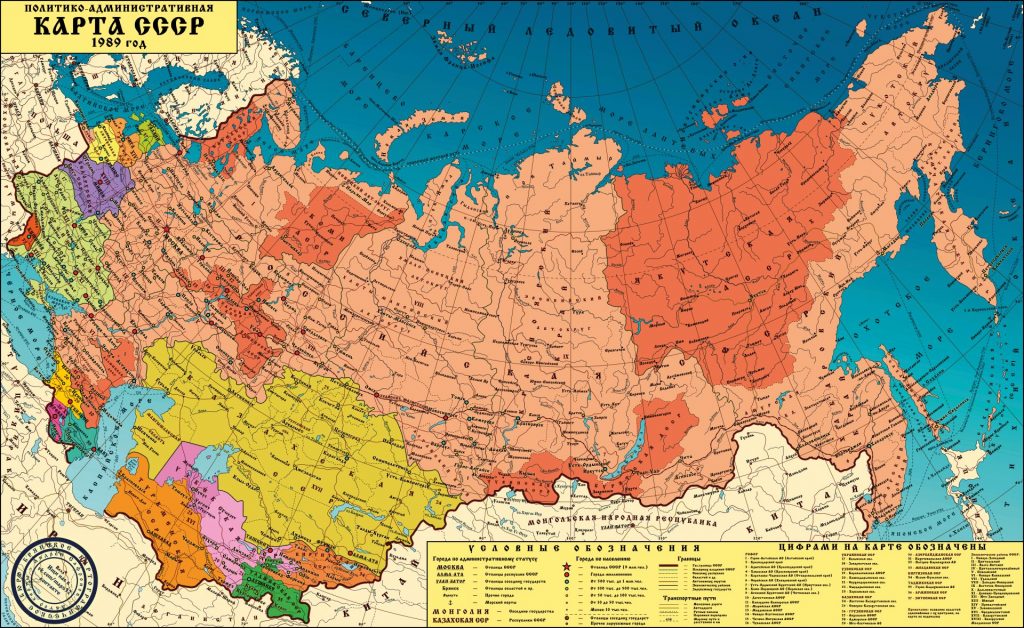
As long as we remain within these conceptual frameworks, Russia will win. It should be remembered that the Cold War began in 1946, when the West stopped caving in to Stalin, after having abandoned the countries of Central and Eastern Europe to him. It was thanks to the Cold War that the countries of Western Europe retained their freedom.
The lessons of 1946-7 are still relevant today. The pioneers of the Cold War were the British, who formed a Western bloc around the Anglo-French core and persuaded isolationist Americans to stay in Europe. In the spring of 1947, the French, Italian and Belgian governments expelled Communist ministers, aware of the threat linked to Moscow’s fifth column in Europe.
This clear willingness to resist Stalin finally persuaded Washington to commit itself to European security. We could draw lessons from this experience today, but to do that, we have to learn to face the facts, to think in political terms, instead of drifting rudderless in media passions and polls.
In 1946-7 we knew that freedom was worth dying for, something that is obviously forgotten today. After Munich in 1938, the West was ashamed to have abandoned Czechoslovakia to Hitler’s clutches. Today we are cowardly letting down Ukraine, but we do not even realize our dishonour, nor the danger of giving in to an aggressor.
We are like the Byzantines who were discussing the sex of angels while the Ottoman forces were destroying the city walls.”
This article was first published by website Desk Russie.

